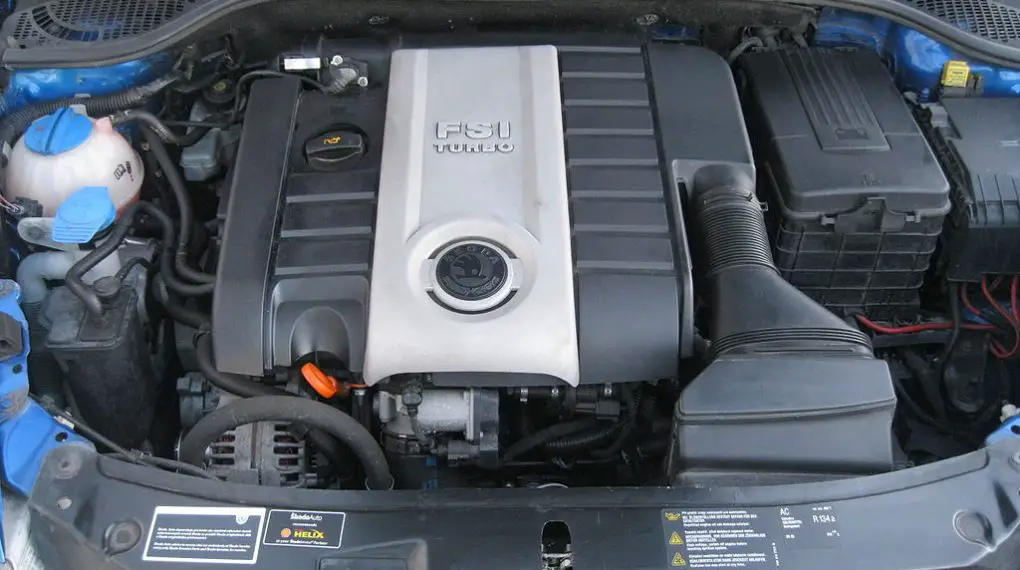Is your AC compressor in car not kicking on? This article will reveal the causes responsible for this problem and how you can fix it in not time.

Table of Contents
Potential Causes for the AC Compressor in Car Not Kicking On Issue
Several underlying causes can prevent an AC compressor from activating. These causes range from basic electrical failures to intricate mechanical problems. Let’s delve deeper into each potential cause:
Low refrigerant levels
The refrigerant is the lifeblood of the air conditioning system. If its level drops too low, it may lead to inadequate pressure in the system. The compressor relies on this pressure to operate. A low refrigerant level is usually due to leaks within the AC system components or connections. This not only affects the efficiency of the system but can also harm the compressor by causing it to overheat.
Electrical issues
The AC compressor operates on an electrical mechanism. Any disruption in its power supply can prevent it from kicking on. This disruption could be due to damaged wires, malfunctioning relays, or blown fuses.
For instance, the electrical relay can wear out over time, obstructing power flow to the compressor. Similarly, corroded wires or connections can lead to intermittent power issues or total failure.
Faulty compressor clutch
The compressor clutch controls the connection between the engine’s drive belt and the AC compressor. When the AC system needs to cool the car, the clutch engages, allowing the belt to power the compressor.
If the clutch is damaged or worn out, it won’t engage, and as a result, the compressor won’t receive power. Common indicators of a faulty clutch include loud noises when the AC is turned on or the clutch not moving at all.
Malfunctioning thermostat
The thermostat in your vehicle monitors the cabin temperature. When the inside temperature exceeds the desired level set by the user, the thermostat signals the AC system components, like the compressor, to activate.
If the thermostat is malfunctioning, it may not recognize the need for cooling, hence not sending the necessary signals to the compressor. This can be due to faulty wiring, sensor issues, or internal failures within the thermostat itself.
Steps to Troubleshoot and Fix the AC Compressor in Car Not Kicking On Problem
Diagnosing the exact reason behind the AC compressor in car not kicking on problem might seem daunting. However, by methodically going through potential issues, you can pinpoint the problem. Here’s a detailed guide to troubleshooting the issue:
Check the refrigerant levels
Start by examining the refrigerant lines for any signs of leakage, like oily residue. If you suspect a leak, refrain from handling refrigerant directly as it’s hazardous. Instead, use an AC recharge kit available at auto stores. These kits often come with a gauge that indicates refrigerant levels.
If the gauge shows low levels, you may need to have the system refilled by a professional.
Inspect electrical connections, relays, and fuses
Begin by turning off the vehicle. Check the AC system’s fuse in your car’s fuse box. If it appears burnt or damaged, replace it.
Next, inspect the wiring leading to the compressor. Look for any visible damages or corrosion.
If everything seems fine, test the relay using a multimeter. You can get this AstroAI Digital Multimeter from Amazon if you don’t have one. If there’s no continuity, the relay might be faulty and needs replacement.
Test the compressor clutch
Start the vehicle and turn on the AC. Observe the compressor. The clutch should engage, and you should notice the pulley rotating. If it doesn’t, use a long screwdriver or a stick to gently tap the clutch while the engine is running and the AC is on.
If it engages after tapping, the clutch might be on its way out and requires replacement soon. If it doesn’t engage, it might be entirely faulty or there could be an electrical issue.
Assess the thermostat’s functionality
While a direct assessment of the thermostat might be tricky for novices, you can observe its behavior. If the AC sporadically cools or doesn’t cool at all despite hot conditions, the thermostat might not be functioning optimally.
Modern vehicles have digital thermostats that can throw error codes, which can be read with an OBD-II scanner. If the thermostat appears faulty, it’s best to have it checked and replaced by a professional.
Check out these other articles…
AC Compressor Trip After 5 Minutes: Causes & Easy Solutions
AC Compressor Loud After Power Outage: Fixed in 4 Easy Steps
AC Compressor Runs After Shut Off: 3 Causes & Sure Solutions
AC Compressor Died After 2 Years: Causes & Actions to Take
What Can Damage AC Compressor: 5 Common Culprits Revealed
When to Seek Professional Help
If you’ve gone through the above steps and the AC compressor in car not kicking on problem persists, it’s best to consult with a professional mechanic. They possess the expertise, tools, and training to diagnose deeper issues, ensuring the safety and longevity of your AC system.
Remember, while DIY checks can be helpful, refrigerants and certain repairs should only be handled by trained professionals to prevent personal injury or damage to the car.